Welcome to Reading Revisited, a place for friends to enjoy some good old-fashioned book chat while revisiting the truth, beauty, and goodness we’ve found in our favorite books.
Don’t forget that this isn’t just a book list…Reading Revisited is a group of in person and virtual book clubs. If you are interested in diving deeper into these books, consider joining or starting a book club. Here’s a member of our virtual book club to tell you why this community matters….
The Reading Revisited virtual book club has been an invaluable place for "good old-fashioned book chat." So much is illuminated by the read-along guides and the podcast episodes, but nothing can replace the give-and-take of in-person (or virtual) conversation. Lots of kind people with wonderful thoughts, eager to listen and talk to one another, are connected in these book clubs by the hunger to deeply enjoy good books, and for this reason I'll keep coming back.
-
Welcome to the first fiction book of our Reading Revisited Year!
We wanted to begin with a “well-beloved classic,” something that most everyone would want to join us in reading, either because you already love the book, or because you know many who do, or even because you were made to read it once-upon-a-time and needed a reason to revisit it in the hopes of discovering that you too now love the book.
Therefore, and in that spirit, we give you our American book pick of the year: The Adventures of Huckleberry Finn by Mark Twain.
It is our habit, here at Reading Revisited, to post weekly Read Along Guides. We like to think of these “RAGs” as bookmarked notes, or “just some things I couldn’t help but notice,” which we don’t want to forget to bring up with our friend next time we get together to discuss the book.
Each month has been assigned a “guide” to write these weekly Read Along Guides. For this American month, I have the pleasure of introducing myself,
, as your guide. Can’t wait to jump on a raft with y’all!Some of our previous American books include:
Death Comes for the Archbishop by Willa Cather (RR 2025)
East of Eden by John Steinbeck (RR 2024)
To Kill a Mockingbird by Harper Lee (RR 2023)
True Grit by Charles Portis (RR 2022)
The Great Gatsby by F. Scott Fitzgerald (RR 2021)
To access the full book lists for previous years go here!
Why you should read Huck Finn:
Now, to get us excited to read this most-American of American books, here are a few friends you may recognize:
from Cultural Christians in the Early Church:from :Recently, I re-read The Odyssey yet again. In fact, now that I'm thinking about it, I'm not sure a year has gone by in my adult life when I haven't re-read it. Call it an occupational hazard. But also, it's a really good epic, although I have always found the Iliad superior--as Daniel Mendelsohn notes in his new translation of The Odyssey, people are either Iliad people or Odyssey people (this is a nice personality profiling option to consider, by the way, if you need an alternative to stuff like the Enneagram). Anyway, I suspect Mark Twain was an Odyssey person. At any rate, his Adventures of Huckleberry Finn is basically the Odyssey, except this epic is set in the American South and has an adventurous boy from a troubled family background as Odysseus. And just like the original Odyssey, the plot involves sailing along not-quite-clearly-charted waters and encountering danger after danger and hoping for rescue to come each time at the last possible moment. There is a reason the original Odyssey endured, and we see it clearly in action in Mark Twain's epic, so glorious in its own right! Secretly, we're all Odysseus or Huck Finn, both longing for great adventures, and realizing (especially mid-dangerous adventure) that what we most want is to come home.
from The Commonplace Catholic (and our Virtual Book Club):I revisited The Adventures of Huckleberry Finn a few years ago when I was writing about the virtues in literature for my book, On Reading Well: Finding the Good Life in Great Books.
Huckleberry Finn was a perfect case study for an examination of the virtue of courage. Huck displays moral courage in deciding to take tremendous personal risk to help an enslaved person find freedom. But that enslaved person, Jim, shows even more courage when he risks his freedom and even his life to help Huck’s foolish friend Tom.
But good books are so much more than whatever moral lessons they might impart. Huckleberry Finn earns its place as a classic work of American literature on several fronts.
It is a true American adventure, taking place in great part in and along the Mississippi River, offering a vibrant picture of American life during a time marked by both hope and trouble. The story challenges one of America’s most besetting sins—not only slavery itself but also a distorted social conscience (to which we are all susceptible) used to rationalize and even Christianize some of the many ways we de-humanize others. Yet, in true form, Twain tackles such heavy topics with characteristic humor, telling the truth but telling slant, as Emily Dickinson would say. Sometimes humor is the best way to confront hard truths about human nature.
In a novel narrated by a teenage boy, it is singularly appropriate that The Adventures of Huckleberry Finn opens with Twain’s infamous notice that: “Persons attempting to find a motive in this narrative will be prosecuted; persons attempting to find a moral in it will be banished; persons attempting to find a plot in it will be shot.” As the teenagers to whom I taught this novel recognized, such a notice amounts to a dare, on Twain’s part, to do the opposite. Indeed, any reader of The Adventures of Huckleberry Finn must do so, for Twain’s rollicking satire of antebellum Southern society is also a deeply moral novel. At its heart is the conflict raging within the soul of young Huck Finn; a conflict between the perverted morality of an unjust society and the universal moral law that speaks (however imperfectly) through Huck’s developing conscience. As a Christian, it can be all too easy to relate to the struggle between how my conscience (formed by faith) defines right and wrong, and how the culture in which I live defines right and wrong. Yet, lest I become too self-satisfied and self-righteous because of the moral direction my faith provides, Huck Finn’s astonishing declaration towards the end of the novel stops me cold: “Aright then, I’ll go to hell.” Huck decides to “go to hell” because he feels compelled by conscience to help his friend Jim, a runaway slave, escape. His assertion is a sobering reminder that faith too, can be misused and abused in such a way that it no longer conforms to the moral law God has written on every human heart.
As anyone with a passing knowledge of American literary history knows, The Adventures of Huckleberry Finn has, since its publication, attracted controversy and cries for censorship. In addition to concerns surrounding its portrayal of race (which has, over the course of time, been criticized by individuals on both ends of the political spectrum), the novel horrified many initial readers for being “vulgar” and “coarse.” And indeed, the novel is replete with earthy humor and characters who are not quite “respectable,” to say the least. How such humor can coexist with the seriousness of Twain’s moral concerns is perfectly explained by another author we will be reading this year, G.K. Chesterton: “When once you have got hold of a vulgar joke, you may be certain that you have got hold of a subtle and spiritual idea. The men who made the joke saw something deep which they could not express except by something silly and emphatic. They saw something delicate which they could only express by something indelicate.”
Tentative Schedule
Friday, September 12th: Introduction and Schedule
Monday, September 15th: ep. ##: Intro to Huck Finn
Wednesday, September 17th: Read Along Guide 1 (chapters 1-16)
Wednesday, September 24th: Read Along Guide 2 (chapters 17-21)
Wednesday, October 1st: Read Along Guide 3 (chapters 22-31)
Wednesday, October 8th: Read Along Guide 4 (chapters 32-43)
Thursday, October 23rd: Huck Finn Virtual Book Club
Monday, November 3rd: ep. ##: Revisiting The Adventures of Huckleberry Finn
That’s all for now y’all! Come back in an hour for our next book drop, and just a hint, it might have some strong Fall, gothic vibes…
Check out the previous Book Drop Day Posts:
Welcome to Book Drop Day
September (Book About Books)
Until next time, keep revisiting the good books that enrich your life and nourish your soul.
In Case You Missed It:
On the Podcast:
ep. 57: Bookish Bio of Griffin Gooch (a Bookish PhD Student)
ep. 58: One Year Anniversary of the Reading Revisited Podcast
What We’re Reading Now/Next:
June
Trust by Hernan Diaz
July
Everything Sad is Untrue by Daniel Nayeri
August
Northanger Abbey by Jane Austen
A Few Reminders:
If you are wanting to get in on the in person or virtual community please contact us!
We have turned on paid subscriptions which will allow you to support the work we are doing here as well as receive Read Along Guide PDFs each month and voice recordings of the Read Along Guides.
If you would like to make a small contribution to the work we’re doing here at Reading Revisited, we invite you to do so with the Buy (Us) a Coffee button below. We so appreciate your support!
*As always, some of the links are affiliate links. If you don’t have the books yet and are planning to buy them, we appreciate you using the links. The few cents earned with each purchase you make after clicking links (at no extra cost to you) goes toward the time and effort it takes to keep Reading Revisited running, and we appreciate it!










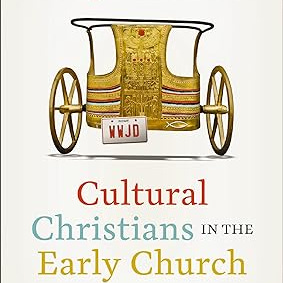

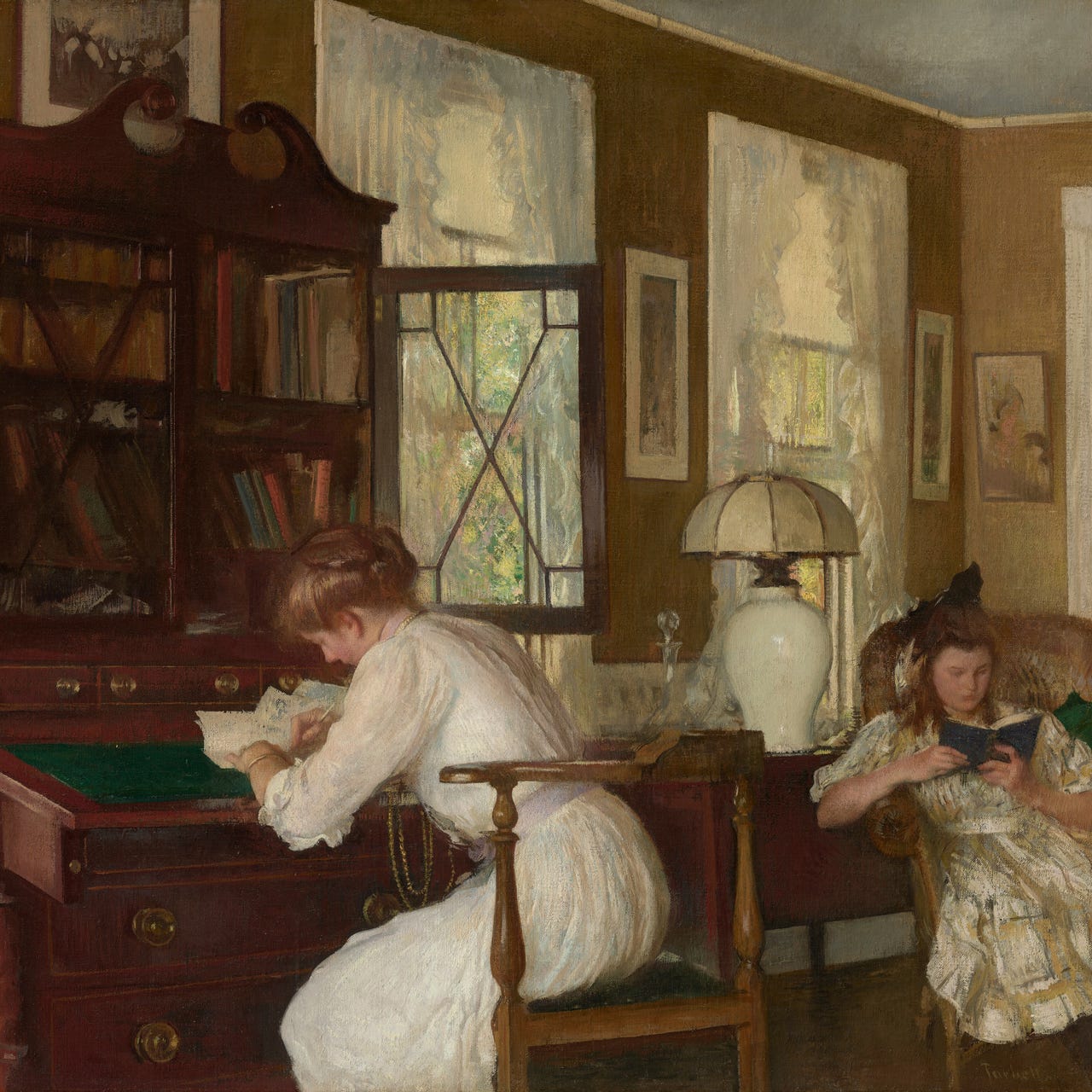
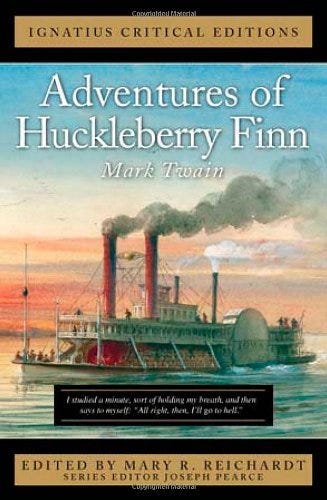
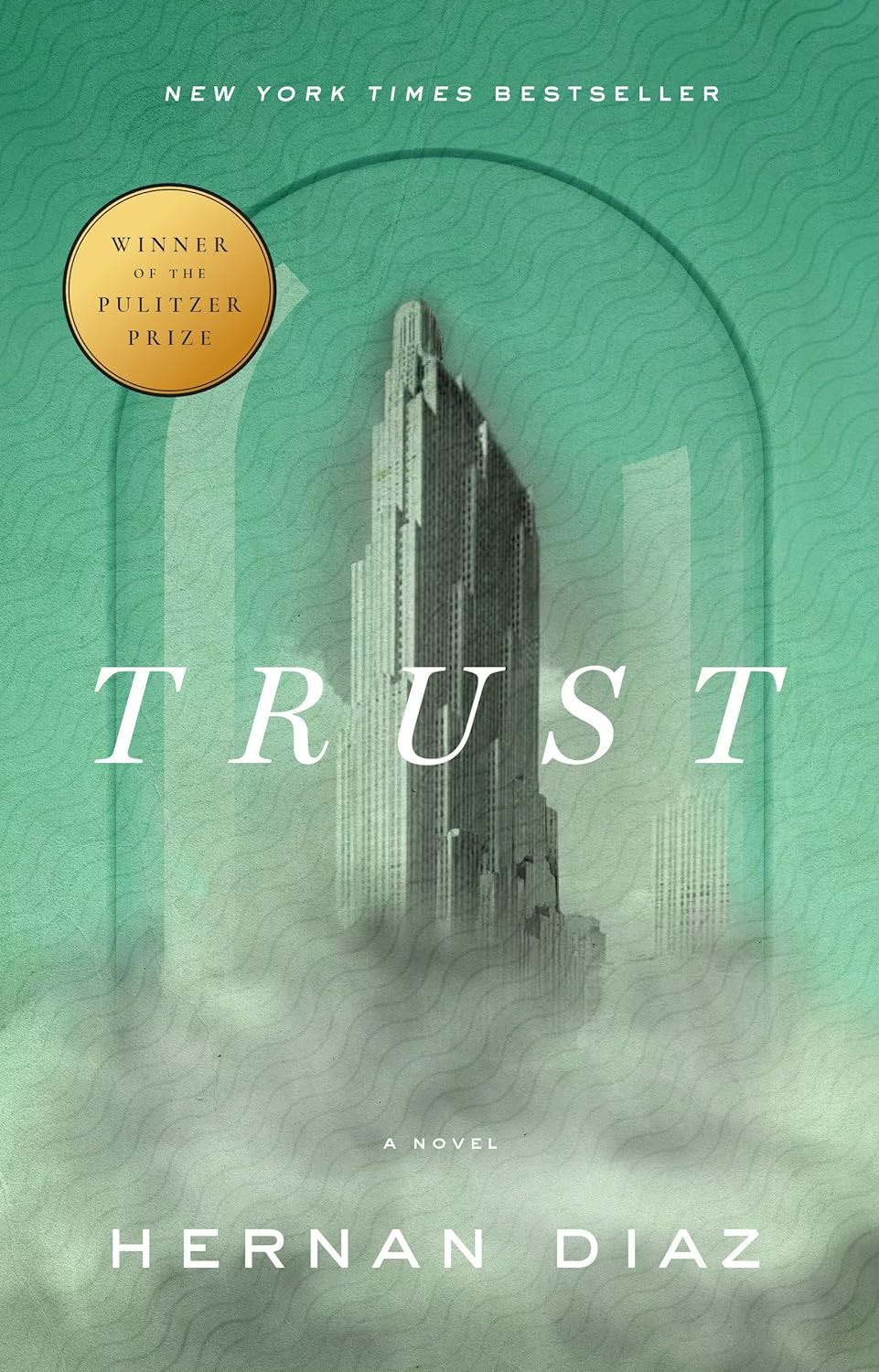
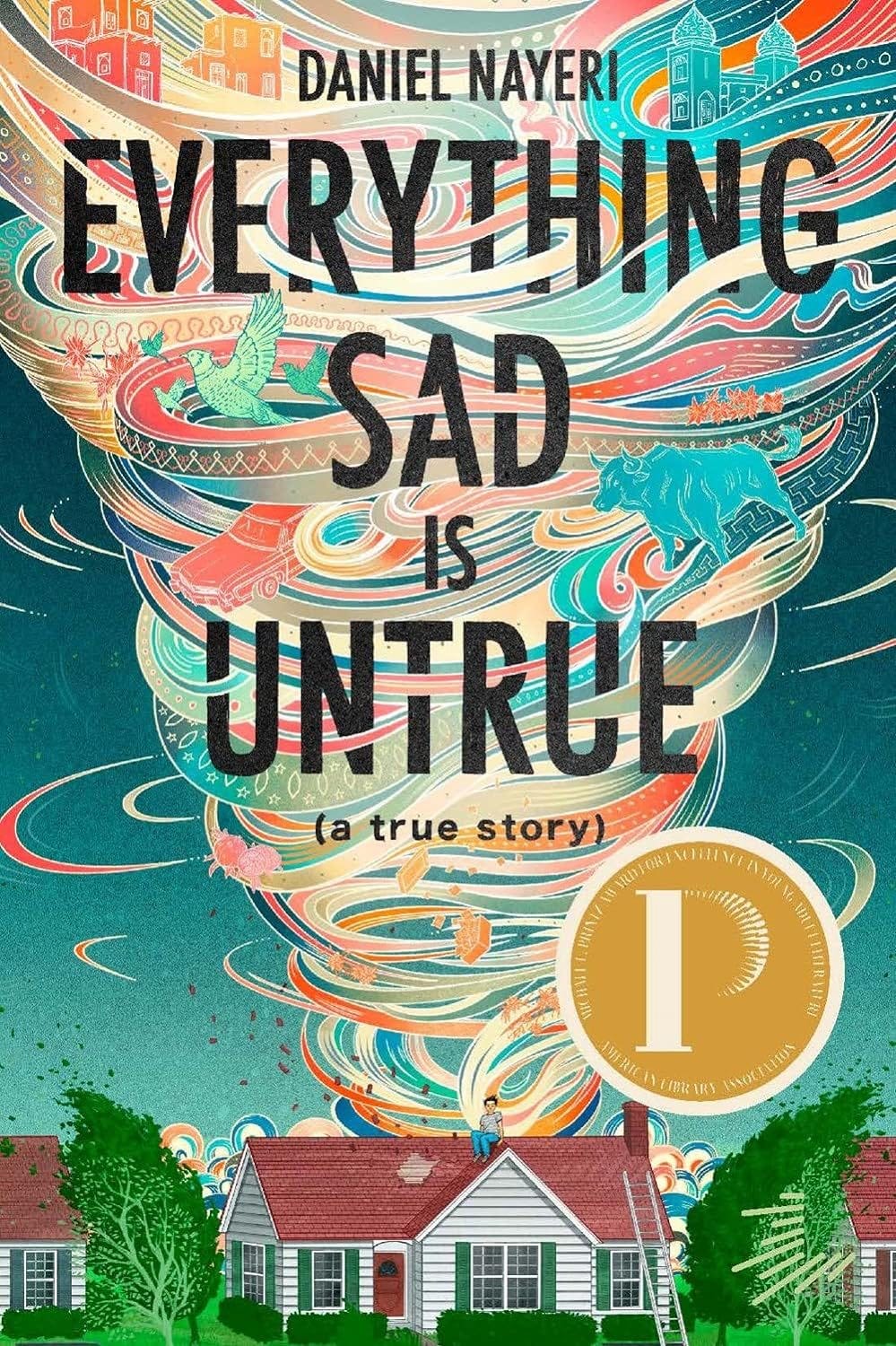
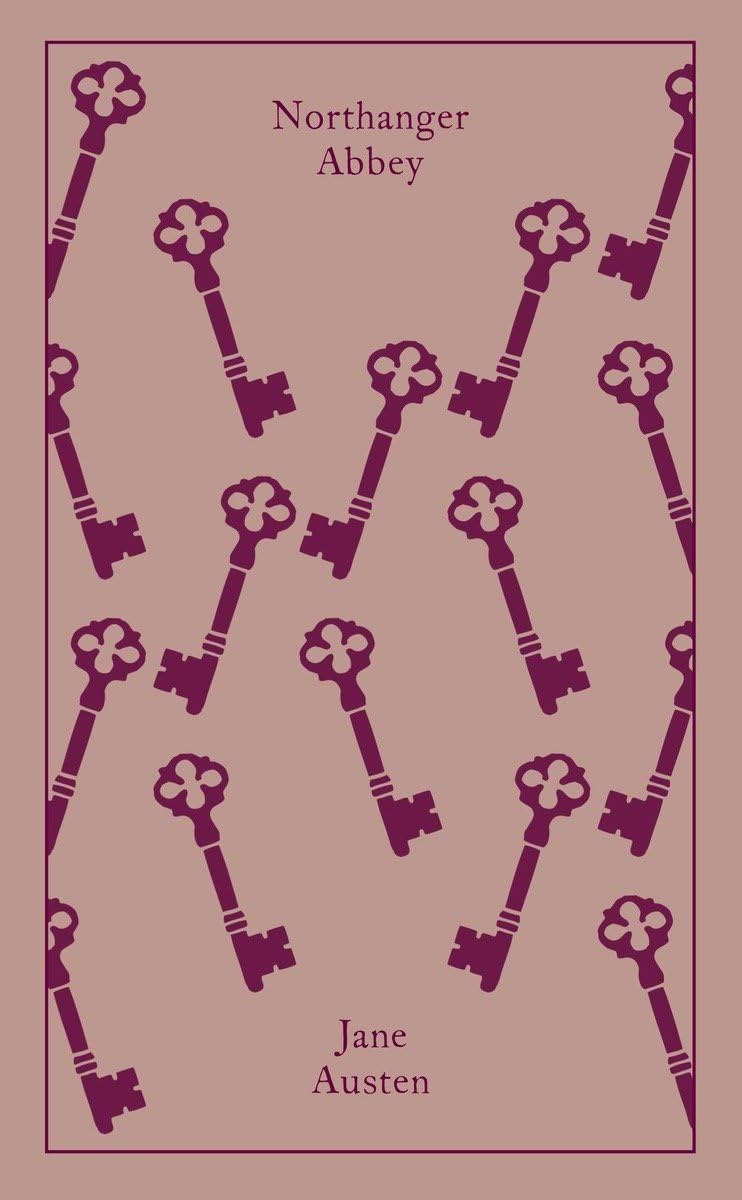


Oh my word, I guessed right!!! Happy dance 💃